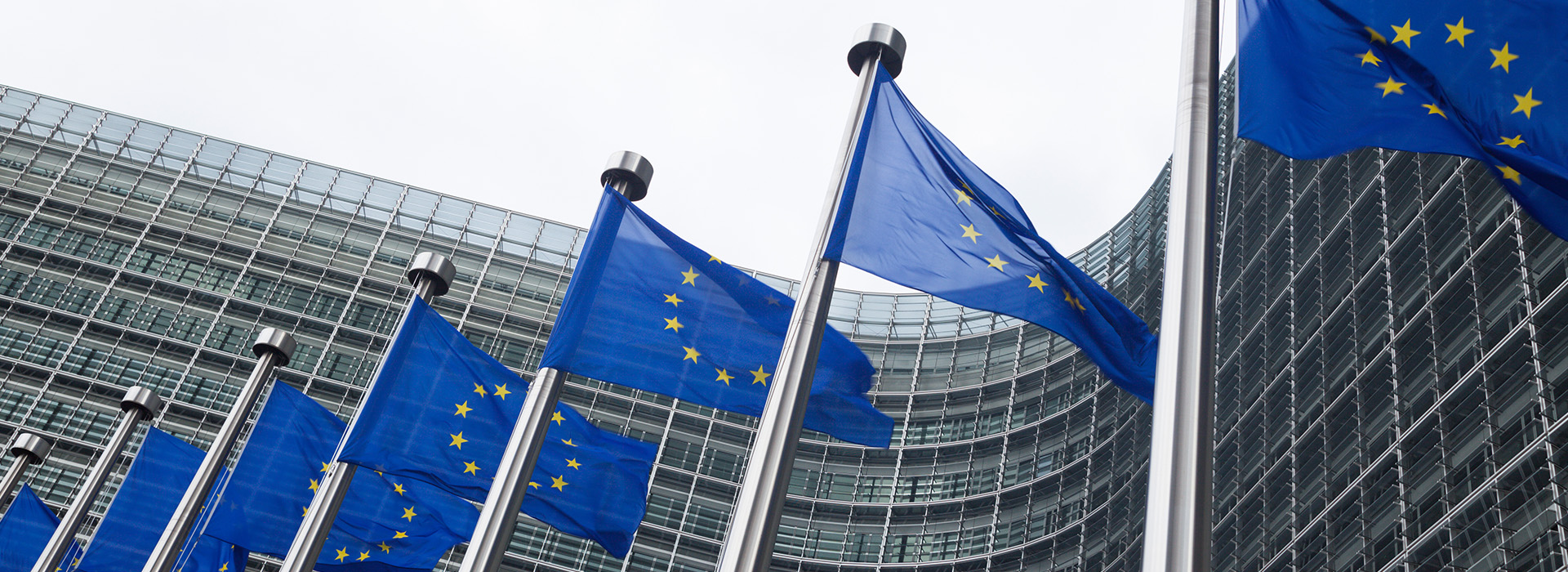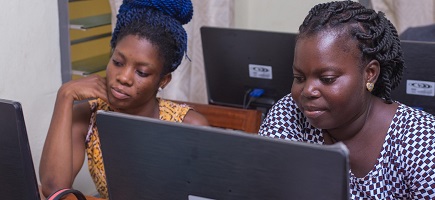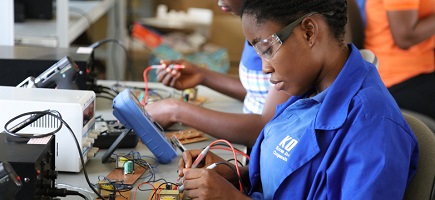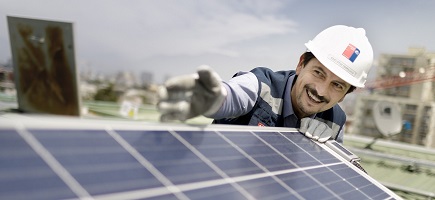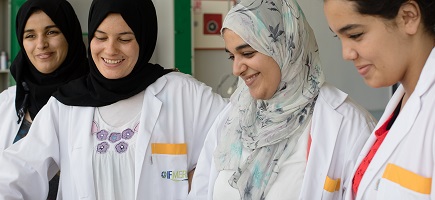European Union
The European Union (EU) and its member states collectively form the world’s largest development cooperation donor. This is also reflected in the work of the Deutsche Gesellschaft für Internationale Zusammenarbeit (GIZ) GmbH. One in six projects funded by the German Federal Ministry for Economic Cooperation and Development (BMZ) is now cofinanced by the EU. This makes the EU GIZ’s second largest financier overall.
As a German federal enterprise, GIZ contributes to the implementation of the EU’s political objectives and international obligations through its activities. To this end, GIZ works worldwide with and for the EU on a broad range of issues and provides support to the EU on behalf of the German Government, ranging from expert advice to project implementation on the ground.
Delegated cooperation
Under delegated cooperation arrangements, GIZ is accredited to manage European Commission funds set aside to support partner countries. GIZ implements these funds in form of Multi-Donor Actions commissioned by the German Government (cofinancing). It also carries out EU commissions through GIZ International Services.
GIZ works with several Directorates-General (DG) of the European Commission, for which it acts as a partner for expertise and dialogue and as a service provider. In addition to the DG for International Partnerships (INTPA, responsible for development and international cooperation) and European Neighbourhood and Enlargement Negotiations (NEAR), it also acts on behalf of the Service for Foreign Policy Instruments (FPI), the Directorate-General for European Civil Protection and Humanitarian Aid Operations (ECHO) and others.
European solutions
In order to offer European solutions to global challenges, GIZ often cooperates with other European implementing organisations or national and international partners when putting projects into practice. This is based on the desire of the EU and its member states to strengthen the joint implementation of their external action, with a view to increasing political impact and visibility. GIZ implements European solutions through Multi-Donor Actions financed by the German Government and the EU.
Networks such as the Practitioners’ Network for European Development Cooperation facilitate coordination with implementing organisations in other member states and the development of strategic partnerships. Cooperation with the private sector remains increasingly important in this process, for example when it comes to promoting sustainable investment, vocational education and training, and the development of labour markets in partner countries.
